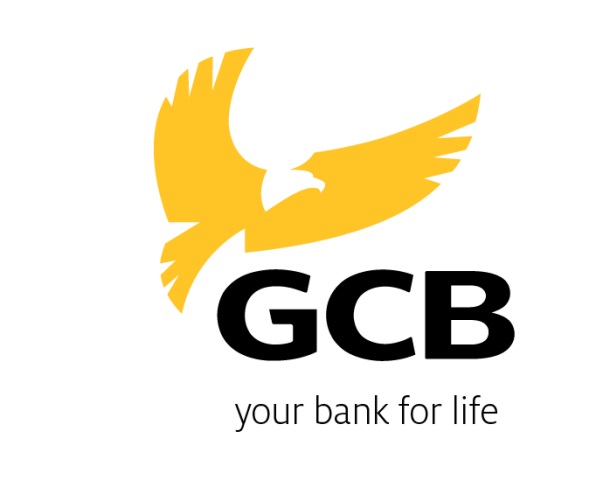GCB Bank has now become the biggest bank in Ghana following the acquisitions of UT Bank and Capital Bank, but the bank’s operating efficiency has deteriorated and as such its profitability has been adversely affected. GCB bank reported 26.3%y/y drop in net earnings to GHS234.60 million in FY2017 on the back of three main factors.
Firstly, the acquisitions of the now defunct 2 banks that had significant term deposits raised GCB’s interest expense by 118.6%y/y to GHS292.54mn, resulting in a reduction in the yield on assets from 17.6% in 2016 to 11.7% in 2017.
Secondly, the operating inefficiencies of the two banks affected the operations of GCB whose operating efficiency deteriorated as well. GCB’s cost-to-income ratio jumped to 67.3% in 2017 from 54.9% in 2016. We expect this to improve as GCB bank closes some of the branches of the now defunct banks.
Thirdly, GCB’s cost of risk rose to 2.4% in 2017 from 1.9% in 2016 on the back of 83.7%y/y rise in impairment charges to GHS49.90mn in 2017.
The story is similar in the bank’s Q1 2018 earnings results, which showed that net profit dropped to GHS38.53mn in Q1 2018 from GHS66.76mn in Q1 2017.
However, GCB is now the biggest bank in Ghana with total assets of GHS9.65 billion compared to Ecobank’s total assets of GHS9.14 billion in Q1 2018.
You can download the results on GCB Investor Relations portal on Doobia.

E-Banking in Ghana; Prospects and challenges
www.doobia.com


